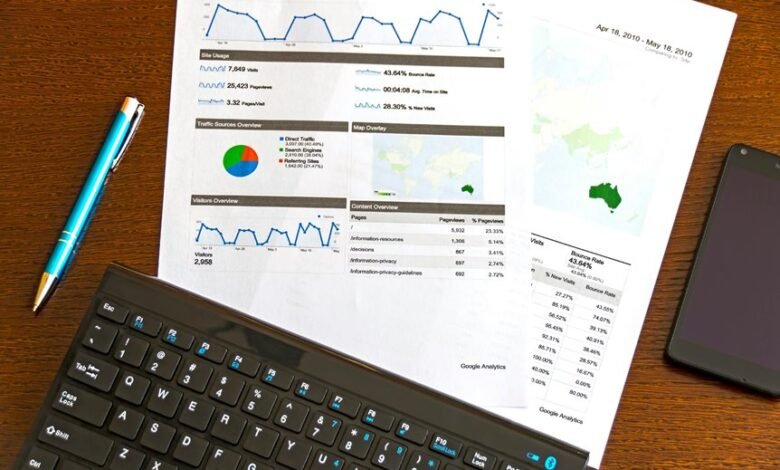While Store Dmamiller9to5mac: Latest Trends in Retail Store Performance

Recent trends in retail store performance reveal a significant shift towards the integration of advanced technologies and personalized customer experiences. Retailers are increasingly utilizing smart solutions such as automated checkout systems and smart shelves, which enhance operational efficiency. Furthermore, personalized marketing strategies are proving effective in fostering brand loyalty. As sustainability becomes a focal point, understanding these developments is crucial for retailers aiming to maintain a competitive edge. What implications do these trends have for the future of retail?
Embracing Technology: The Rise of Smart Retail Solutions
In recent years, an increasing number of retail stores have adopted smart retail solutions to enhance operational efficiency and customer engagement.
Technologies such as smart shelves facilitate real-time inventory management, while automated checkout systems streamline the purchasing process.
These innovations not only reduce labor costs but also empower consumers, granting them greater autonomy and control over their shopping experience, ultimately driving sales growth.
Enhancing Customer Experience Through Personalization
As consumer expectations evolve, retail stores are increasingly leveraging personalization strategies to enhance the customer experience.
Through effective customer segmentation, retailers identify distinct consumer profiles, allowing for tailored promotions that resonate with individual preferences.
This targeted approach not only fosters customer loyalty but also drives engagement, as personalized interactions create meaningful connections, ultimately elevating the overall shopping experience and enhancing store performance.
Data-Driven Decision Making: Metrics That Matter
While retailers strive to optimize their operations, embracing data-driven decision making has emerged as a pivotal strategy for enhancing store performance.
By focusing on key performance indicators, such as sales per square foot and customer conversion rates, businesses can derive actionable insights.
This approach empowers retailers to make informed decisions, driving efficiency and profitability while aligning strategies with ever-evolving consumer demands.
Sustainable Practices: The Future of Retail Operations
How can retailers effectively integrate sustainable practices into their operations to meet both consumer expectations and regulatory demands?
Emphasizing eco-friendly materials and energy efficiency is crucial. Data suggests that retailers adopting these practices not only enhance brand loyalty but also reduce operational costs.
As sustainability becomes a core value for consumers, those who innovate in this area will likely lead the retail landscape.
Conclusion
In conclusion, the evolution of retail performance is largely driven by the integration of smart technologies, personalized experiences, and sustainable practices. Notably, retailers leveraging data analytics report a 20% increase in customer retention rates, underscoring the importance of informed decision-making. As businesses adapt to these trends, the synergy between innovation and consumer engagement will likely define the future landscape of retail, fostering loyalty and enhancing operational efficiency in an increasingly competitive market.




